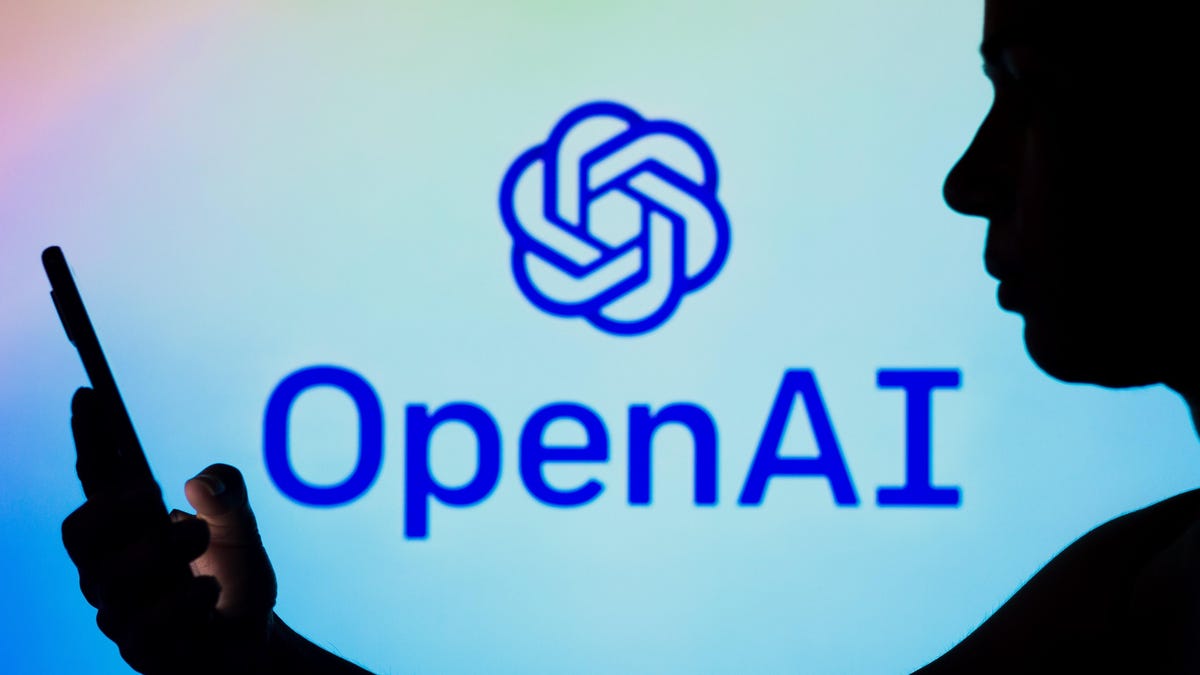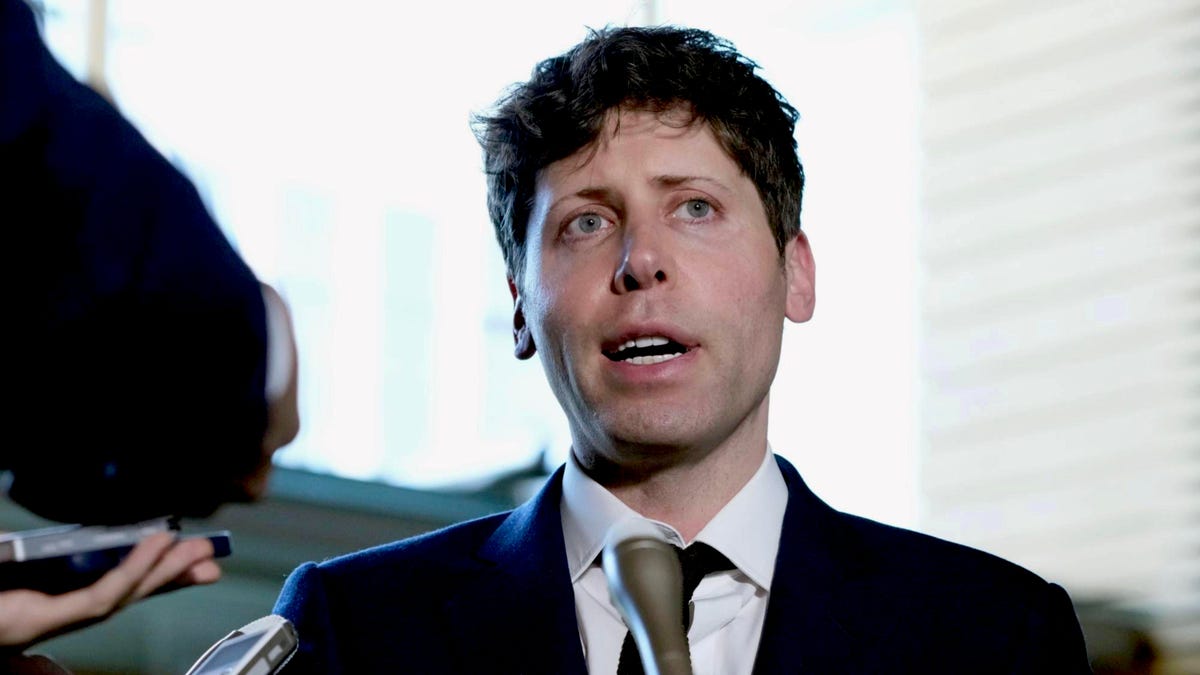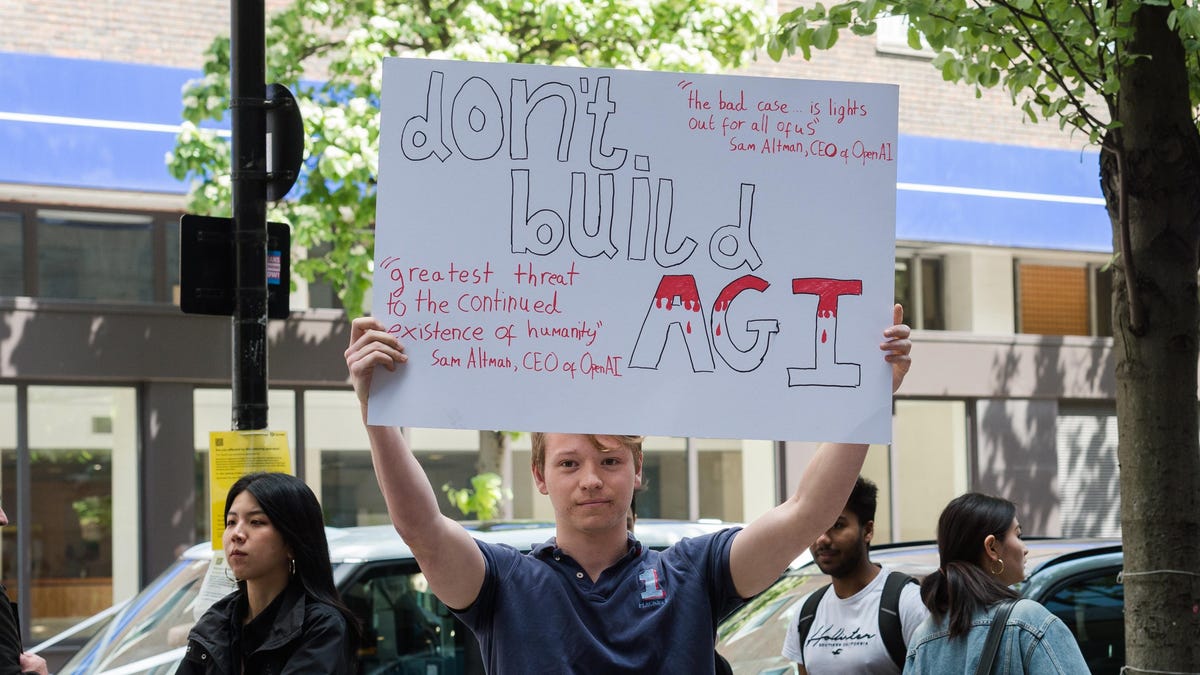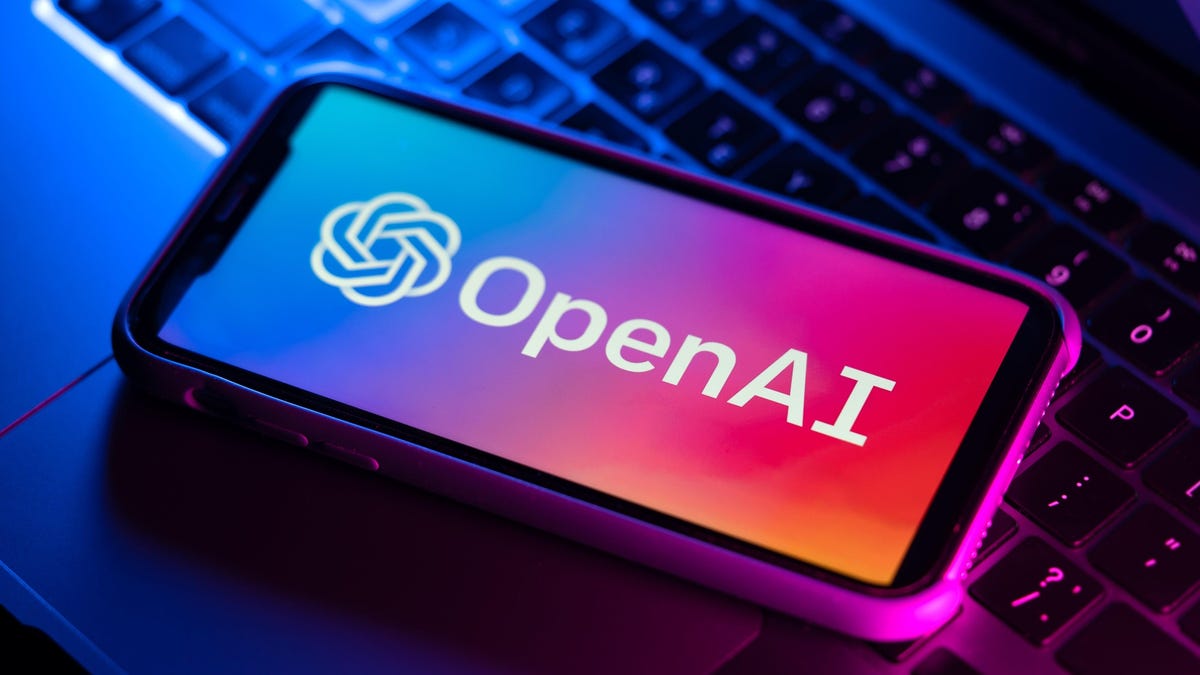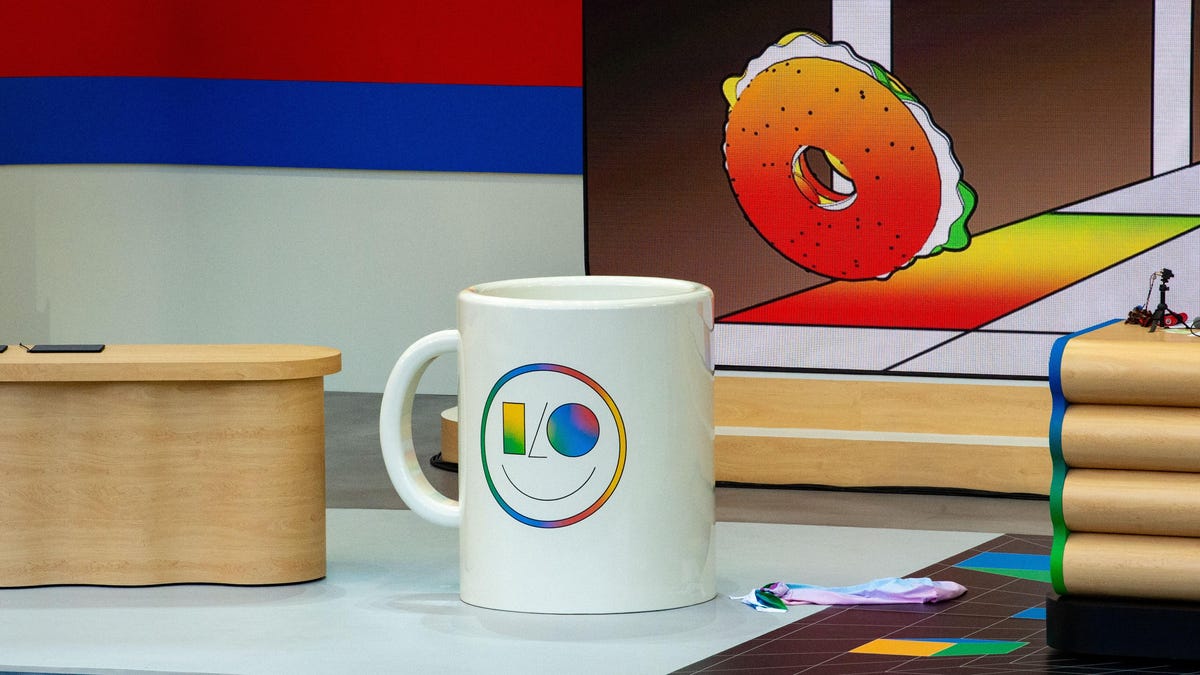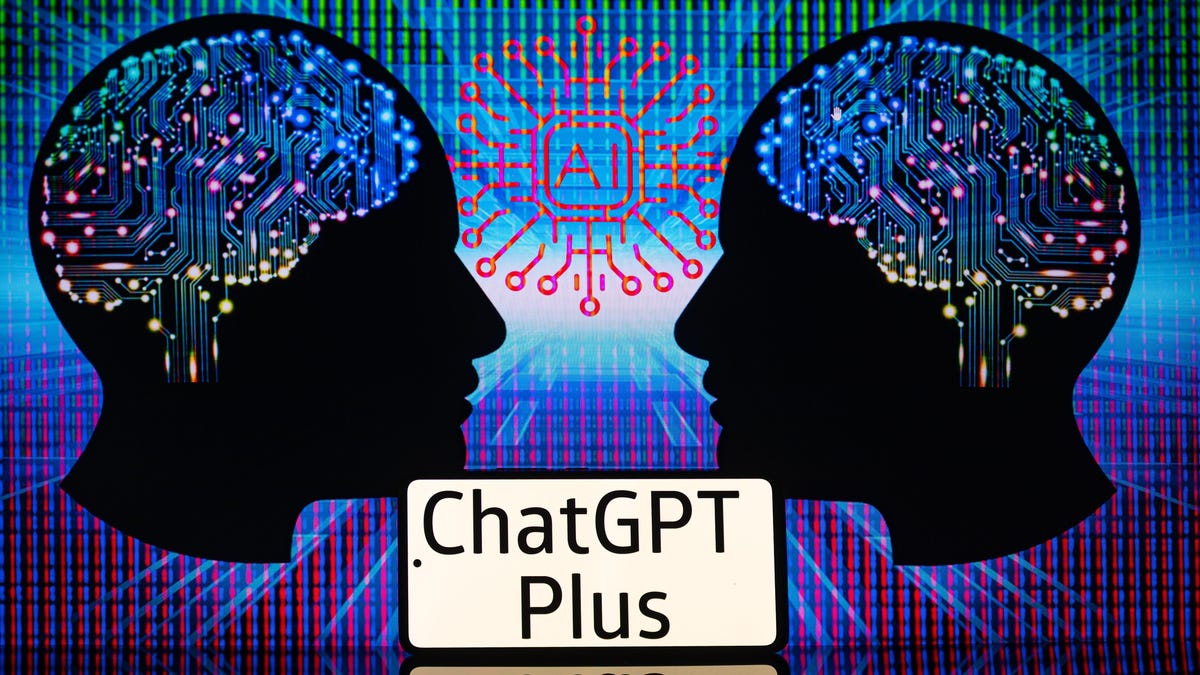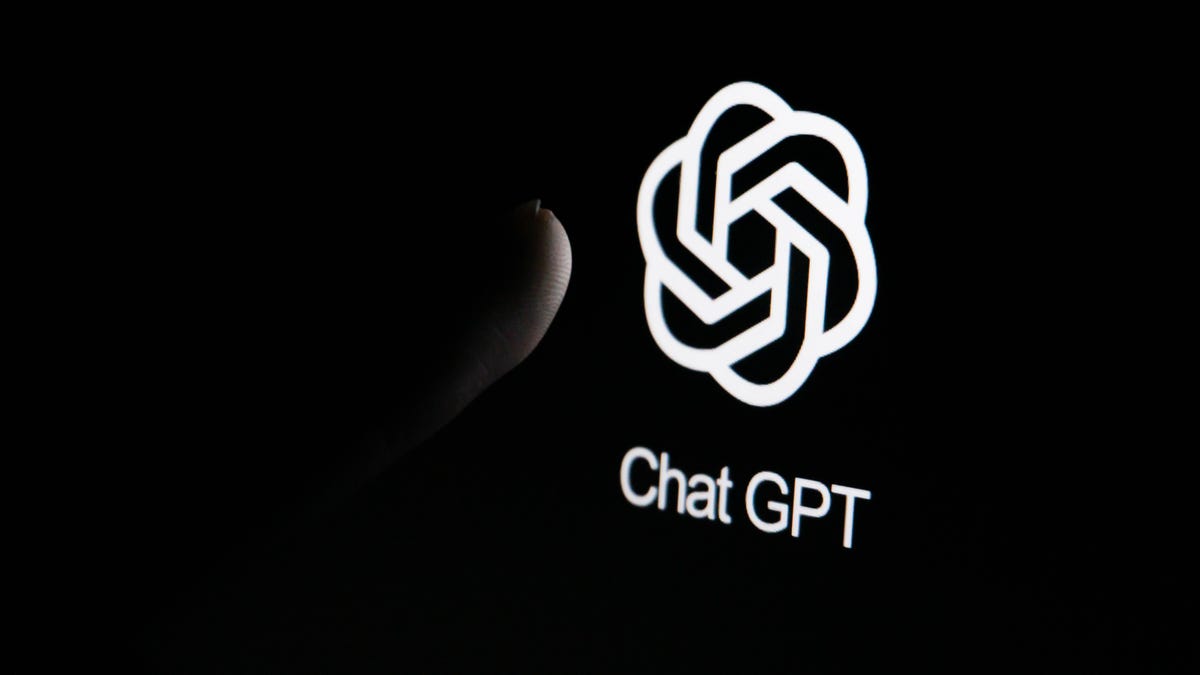Sam Altman, OpenAI cofounder and CEO, revealed Chat GPT-4 Turbo at the company’s first-ever developer conference called DevDay in San Francisco Monday. The new model supports 128,000 tokens of context, equivalent to a 300-page book and sixteen times ChatGPT-4’s context limits.
Altman also unveiled a number of new improvements OpenAI is making with its latest update. Turbo will give users a higher degree of control over the platform with JSON mode, and ensure users will be able to create more reproducible outputs.
Another update coming is Retrieval, a function ChatGPT is adding so that users can bring knowledge from outside data sources such as a company’s Google Drive. Early users leaked the functionality on X, allowing them to connect Microsoft 365 and Google Drive. This would allow companies to connect their data stores with ChatGPT’s technology, giving similar functionalities to Microsoft 365 Copilot.
OpenAI will also change ChatGPT’s knowledge cutoff to April 2023, from September 2021. Altman says the company will continue to improve that cutoff over time.
“We will try not to let it get that out of date again,” he said.
New modalities, including DALL-E 3, GPT-4 Turbo with vision, and Text-to-Speech (TTS), are all going into the API Monday. Customers can use DALL-E 3 to generate images, and the API can now accept images as inputs to identify, categorize, and more. As for OpenAI, it will have a new text-to-speech model that includes six preset voices to choose from. The company also announced Whisper3, a new version of its open-source speech recognition model which is coming soon.
ChatGPT-4 Turbo will also increase customization capabilities for users through a new program called “Custom Models.” The program will have OpenAI researchers work directly with companies to build OpenAI tools specifically for a company, including pre and post-training. Altman says OpenAI can’t do this with many companies to start, and it will be expensive.
Lastly, OpenAI announced doubled rate limits for all ChatGPT-4 customers and Copyright Shield: a promise that OpenAI will cover the legal costs for any users who run into copyright infringement issues using ChatGPT.

/cdn.vox-cdn.com/uploads/chorus_asset/file/25741892/assets_Asset_Hierarchy_Consumer_Assets_Digital_Imaging_Alpha_ILCE_1M2_eComm_Product_Images_07_ILCE_1M2_SEL2470GM2_front_top.png)
